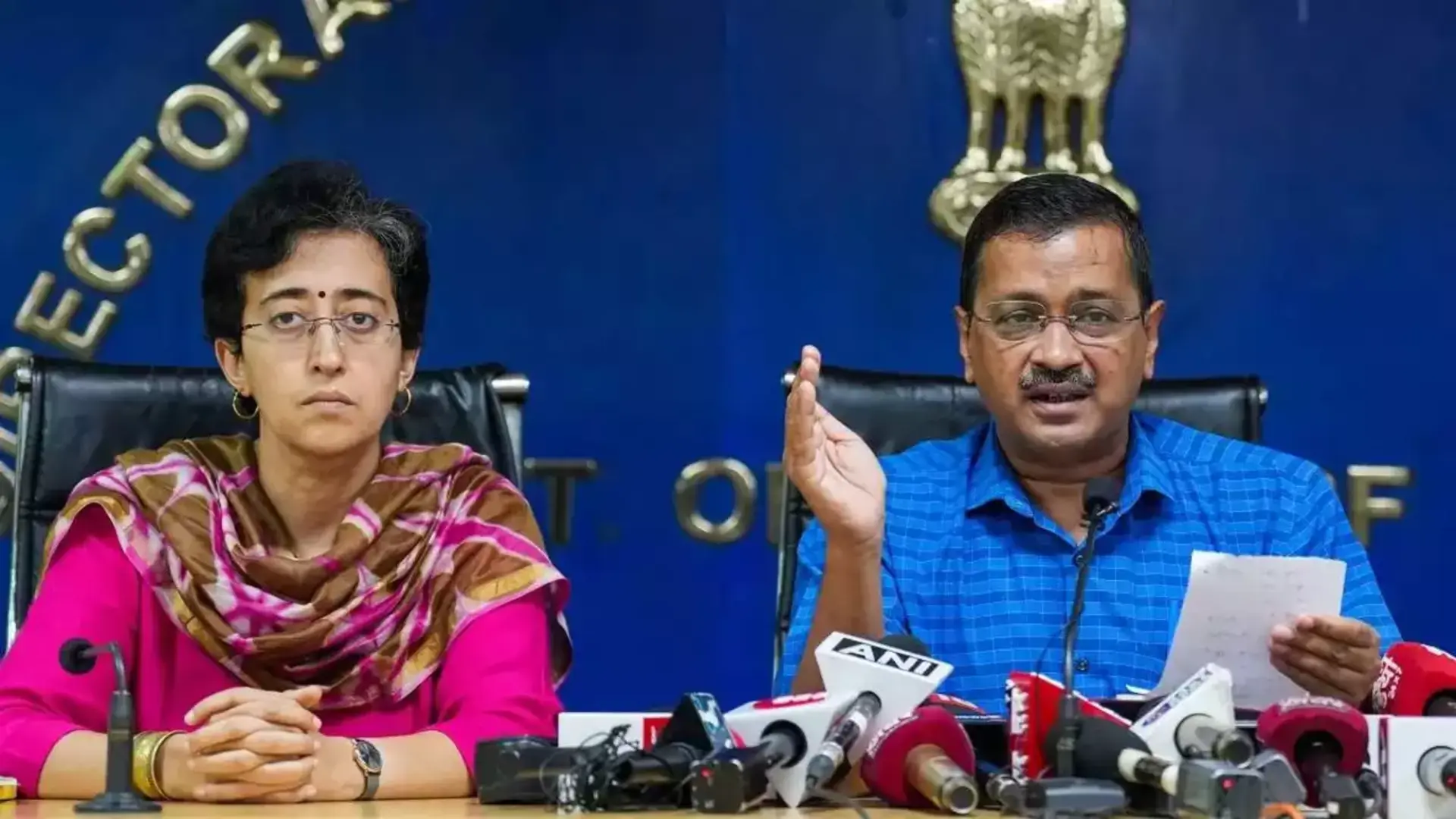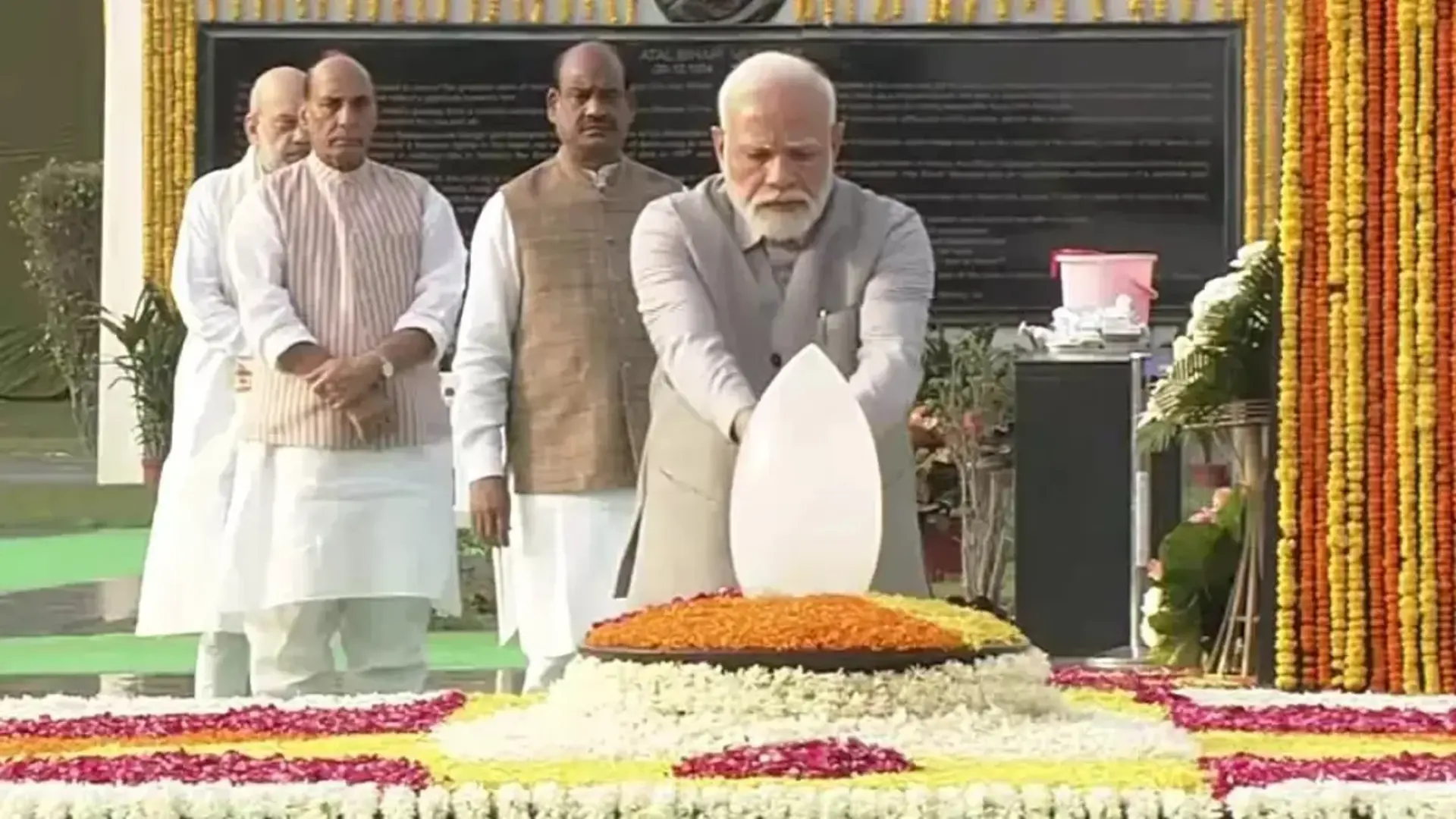While forthrightly dismissing a wife’s plea for enhanced maintenance under Section 125 of the Code of Criminal Procedure (CrPC), the Calcutta High Court in the exercise of its criminal revisional jurisdiction in a learned, laudable, landmark and latest judgment titled Shilpi Lenka vs Susanta Kumar Lenka & Anr. in CRR 978 of 2019 that was heard on January 6 and then finally pronounced just recently on January 30, 2023 minced just no words in holding that the wife’s plea praying for enhancement of maintenance after blocking a substantial source of the husband’s income amounts to an abuse of process of law. The Single Judge Bench of Hon’ble Ms Justice Shampa Dutt (Paul) plainly held that, “This is a case where a wife blocks a substantial source of income of the husband and then claims an enhancement of maintenance, a really difficult situation for the husband. This clearly amounts to an abuse of process of law and is also against the interest of justice. Both the parties are equal in the eyes of law and the court has to ensure that none of the parties suffer injustice.” Absolutely right! It needs no rocket scientist to conclude that the conduct of the wife is most baffling and cannot be justified under any circumstances! At the very outset, this brief, brilliant, bold and balanced judgment authored by the Single Judge Bench comprising of Hon’ble Ms Justice Shampa Dutt (Paul) of Calcutta High Court sets the ball in motion by first and foremost putting forth aptly in the opening para mentioning that, “The present revision is against an order dated 12.02.2019 passed by the Learned Judicial Magistrate, 2nd Court at Barrackpore, District – North 24 Parganas in connection with M-479 of 2017 under Section 125 of the Code of Criminal Procedure, 1973.” To put things in perspective, the Bench then envisages in the next para of this notable judgment that, “The parties were married on 09.08.2006. They have a daughter who is now aged about 9 years. It is the case of the petitioner that she was inflicted with mental and physical torture immediately after her marriage. The opposite party joined the Air force leaving behind the petitioner and their daughter alone. It is stated that the parties did not live together after few days of marriage as the opposite party/husband left to join the Air force.” As we see, the Bench then states in next para that, “Further case of the petitioner is that on 15.05.2017 the opposite party deserted the petitioner and their daughter and started living alone.” Further, the Bench then adds in the next para that, “It is stated that the opposite party gets a pension of Rs. 18000/- from his service in the Air force and presently he earns Rs. 40,000/- in addition by working in bank.” Needless to say, the Bench then states in next para that, “The petitioner had then filed an application under Section 125 of the Cr.P.C. praying for maintenance of Rs. 20,000/- for self and Rs. 5000/- for their daughter.” Simply put, the Bench then discloses in next para that, “The opposite party’s case before the Learned Magistrate was that all the allegations made by the petitioner is false. The petitioner left her matrimonial home on her own will. It is further stated that admittedly he was an employee of the Indian Air force but his pension has been blocked due to the complaint made by the petitioner to the authorities.” As it turned out, the Bench then lays bare stating that, “The Learned Magistrate held that a husband is bound to maintain his wife and family. The Magistrate further held that the object of the said provision of law is to prevent vagrancy and destitution. Finally the magistrate came to the finding that the opposite parties income was a sum of Rs. 24,494.28/- per month after all deductions and granted a sum of Rs. 4000/- per months as maintenance to the petitioner/wife and Rs. 3000/- as maintenance per month to their minor daughter.” It cannot be just glossed over that the Bench then points out that, “Mr. Arnab Chatterjee, learned counsel for the opposite party has submitted that the petitioner left her matrimonial home on her own as she did not want to live her conjugal life with the opposite party. The pension of the opposite party from the Indian Air force has been blocked because of the complaint filed by the petitioner with the Air Force Authorities. As such the present income of the opposite party is so less that he somehow maintains himself and his other responsibilities being his parents and other family members. It is difficult for him to maintain a separate establishment for his wife and child who are not willing to live with him. The opposite party is still willing to live with the petitioner and his child and lead a happy family life, but the petitioner is not happy with the life that he is able to provide. The counsel for the opposite party has thus prayed that the revisional application be dismissed.” Most significantly, the Bench then minces just no words to hold elegantly, eloquently and effectively to state what also notably constitutes the cornerstone of this notable judgment that, “Considering the materials on record, the submissions of the Learned Counsels for both sides and the order of the Learned Magistrate granting interim maintenance, it is found that admittedly the pension of the opposite party has been blocked due to the complaint filed by the petitioner. This has caused a huge reduction in the amount of income received by the opposite party. As it is for the conduct of the petitioner that the income from Air Force has been blocked, the extent and amount of maintenance to be granted in favour of the petitioner will also be proportionately effected. It is for the petitioner to take necessary steps to ensure that the pension from the Air Force is released in favour of the opposite party so that the prayer for enhancement of maintenance for the petitioner can be considered. The opposite party cannot be burdened, when it is the conduct of the petitioner herself because of whom the pension from the Air Force has been blocked. This is a case where a wife blocks a substantial source of income of the husband and then claims an enhancement of maintenance, a really difficult situation for the husband. This clearly amounts to an abuse of the process of law and is also against the interest of Justice. Both the parties are equal in the eye of law and the court has to ensure that none of the parties suffer injustice.” Adding more to it, the Bench then discloses in the next para that, “The child of the parties in this case is now aged around 13 years. Presently she is a student of class VIII.” What’s more, the Bench then candidly concedes in the next para stating clearly that, “The amount of maintenance of Rs. 3,000/- per month granted to the child is clearly not sufficient to maintain a school going child and thus requires the interference of this court by exercising its inherent powers.” Be it noted, the Bench then while citing the relevant case law hastens to add in the next para of this learned judgment noting that, “The amount of maintenance granted to the petitioner wife remains unchanged subject to the final adjudication by the Magistrate as to whether the petitioner/ wife has left her matrimonial home without just and sufficient reasons. All these factors shall be taken into consideration by the Learned Magistrate at the time of final disposal of the case along with the decision as to the criteria and quantum of maintenance (as per the decision of the Supreme Court in Rajnesh vs Neha on 04.11.2020, in Criminal Appeal 730 of 2020 (2021SCC 324) to which the petitioner and her daughter may be entitled and the amount which the opposite party will be liable to pay.” As a corollary, the Bench then further adds that, “Accordingly considering the Materials on record, the order of interim maintenance under revision dated 12.02.2019 passed by the Learned Judicial Magistrate, 2nd Court, Barrackpore, North 24 Parganas in M. – 479 of 2017 U/s. 125 of the Code of Criminal Procedure, 1973, is modified to the extent as directed.” Please read concluding on thedailyguardian.com







